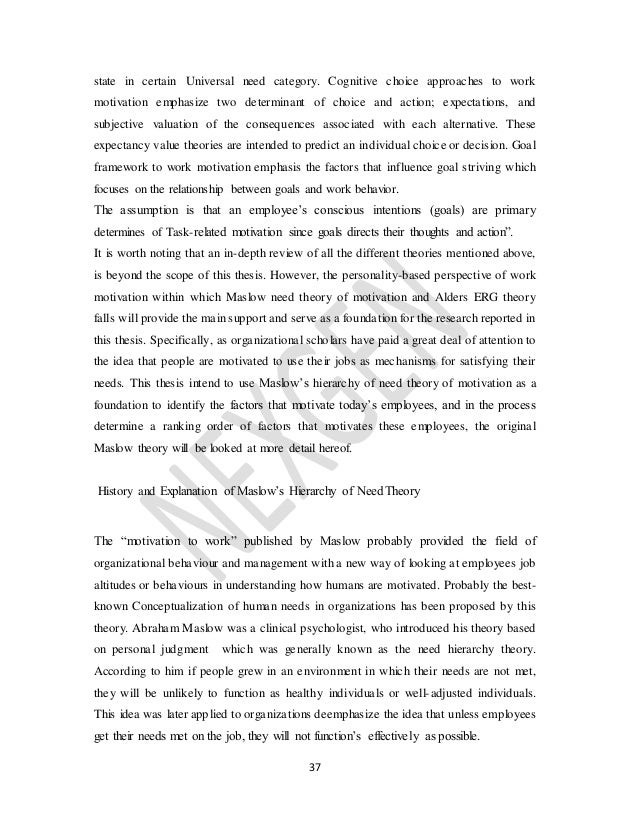This article has an unclear citation style. The references used may be made clearer with a different or consistent style of,,. (February 2012) () () Expectancy theory (or expectancy theory of motivation) proposes an individual will behave or act in a certain way because they are motivated to select a specific behavior over other behaviors due to what they expect the result of that selected will be. In essence, the motivation of the behavior selection is determined by the desirability of the outcome.
Generally, expectancy theory can be used to predict behavior in any situation in which a choice between two or more alternatives must be made (Kreitner, Kimicki 1998). Buku Karya Buya Hamka Pdf File. Vroom (1964) argued that motivational drives are the result of rational calculations made by people between anticipated rewards, the value of the reward. Vroom 1964 Expectancy Theory Pdf Writer. A lincoln electric case study analysis - Free Management Essay- A Lincoln Electric case study analysis - 1. The discussion between promoters of best practice and best fit approaches has sparked widespread controversy in the human resource.
However, at the core of the theory is the process of how an individual processes the different motivational elements. Download Bios Toshiba Satellite L640 P6100. This is done before making the ultimate choice. The outcome is not the sole determining factor in making the decision of how to behave.

Expectancy theory is about the mental processes regarding choice, or choosing. Uk Postcode Map. It explains the processes that an individual undergoes to make choices. In the study of, expectancy theory is a theory first proposed by of the. 'This theory emphasizes the needs for organizations to relate rewards directly to performance and to ensure that the rewards provided are those rewards deserved and wanted by the recipients.' Vroom (1964) defines as a process governing choices among alternative forms of voluntary activities, a process controlled by the individual. The individual makes choices based on estimates of how well the expected results of a given behavior are going to match up with or eventually lead to the desired results. Motivation is a product of the individual's expectancy that a certain effort will lead to the intended performance, the instrumentality of this performance to achieving a certain result, and the desirability of this result for the individual, known as valence.
